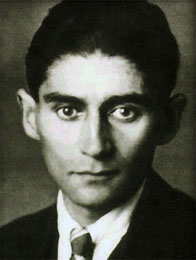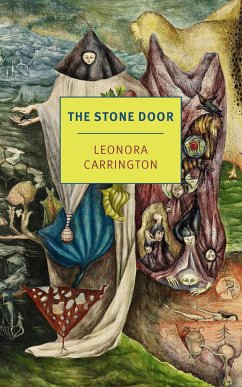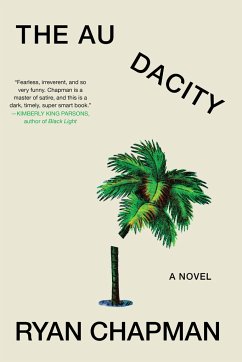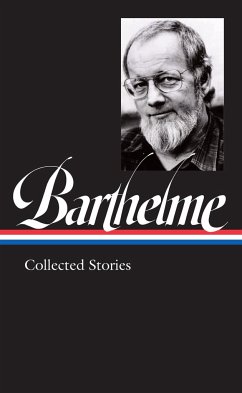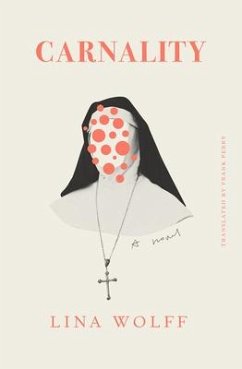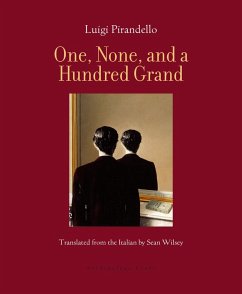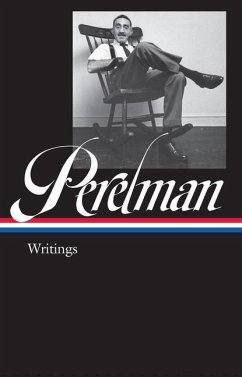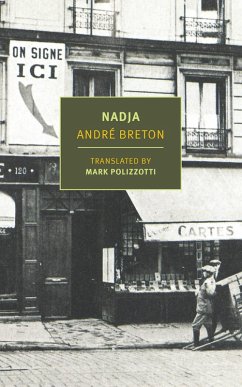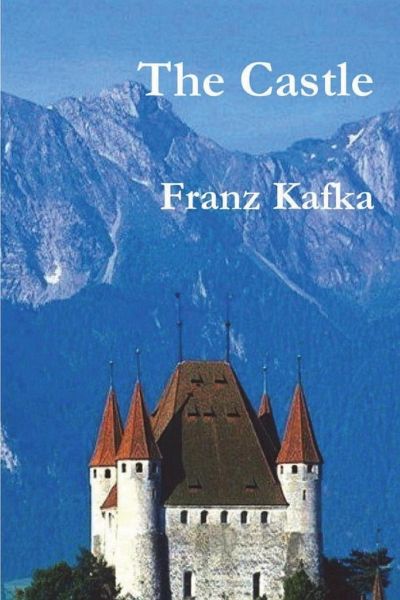
The Castle
Versandkostenfrei!
Versandfertig in 1-2 Wochen
10,99 €
inkl. MwSt.

PAYBACK Punkte
5 °P sammeln!
A study of relationships, particularly between the individual and society and between thought and action, The Castle is one of Kafka's most profoundly imaginative works. As fear and worry develop in a series of strangely illogical events and man's quest for freedom heightens, this classic novel confirms Kafka's reputation as one of the greatest creators of visionary fiction this century. "Kafka discovered the hitherto unknown possibilities of the novel, and it is thanks to him that the very notion of the novel is not the same as it was before." --Milan Kundera ¿"He is the greatest German writ...
A study of relationships, particularly between the individual and society and between thought and action, The Castle is one of Kafka's most profoundly imaginative works. As fear and worry develop in a series of strangely illogical events and man's quest for freedom heightens, this classic novel confirms Kafka's reputation as one of the greatest creators of visionary fiction this century. "Kafka discovered the hitherto unknown possibilities of the novel, and it is thanks to him that the very notion of the novel is not the same as it was before." --Milan Kundera ¿"He is the greatest German writer of our time. Such poets as Rilke or such novelists as Thomas Mann are dwarfs or plaster saints in comparison with him." --Vladimir Nabokov



